Pages (2 results)
TopFaculty by Primary Interest
Areas of Interest Climate Change ERG COREDavid AnthoffDavid Anthoff is an environmental economist who studies climate change and environmental policy. He co-develops the integrated assessment model FUND that is used ... Continue Reading »
Affiliated Faculty
ERG has a small core faculty but a much larger group of affiliated faculty. Affiliated faculty are based in other departments on campus or at the Lawrence Berkeley National Laboratory, ... Continue Reading »
Students (1 results)
Top
Micah Elias
MS, PhD
Payment for Watershed Ecosystem Services: Effectiveness, Efficiency, and Equity (MS ’20) Micah Elias earned his B.S. in International Agricultural Development from UC Davis in 2012. After graduating he worked with ... Continue Reading »
Alumni (9 results)
Top
Minah Choi
MS
Minah Choi (she/hers) is a first year Master’s student at the Energy and Resources Group. Her research interests include political ecology, community-based conservation, and STS. At ERG, Minah hopes to ... Continue Reading »
- Agriculture
- climate
- climate change
- development
- energy
- Environmental / Climate Equity
- environmental justice

Emma Tome
MS
Who Governs a Sustainable Neighborhood? Planning a Community-scale Retrofit in Oakland, California (MS ’18) Emma’s interests are at the intersection of climate change adaptation, environmental justice, and science and technology ... Continue Reading »

Jonathan Lee
MS, PhD
The Cost of Reliability in Decentralized Solar Systems in Sub-Saharan Africa (MS ’18); Energy Management in Community Microgrids (PhD ’22) Jonathan studies transitions in electric power systems and electricity markets, ... Continue Reading »
- climate
- development
- energy
- RAEL
- renewable energy integration
- rural electrification
- solar energy
- sustainable energy development
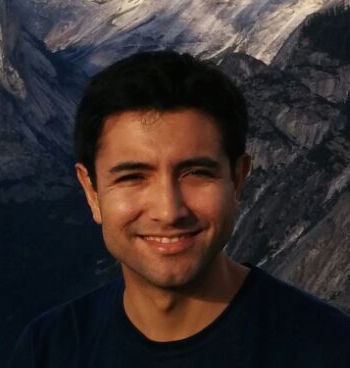
Felipe Castro
PhD
On Rate Regulation in Modern Electricity Sectors (PhD ’17) Felipe was a Ph.D. Candidate with ERG. His research seeks to improve the understanding and organization of energy systems, leveraging methods, ... Continue Reading »
- computational optimization
- EMAC
- energy policy
- industrial organizations
- mathematical programming
- microeconomics
- operations research
- Power Systems
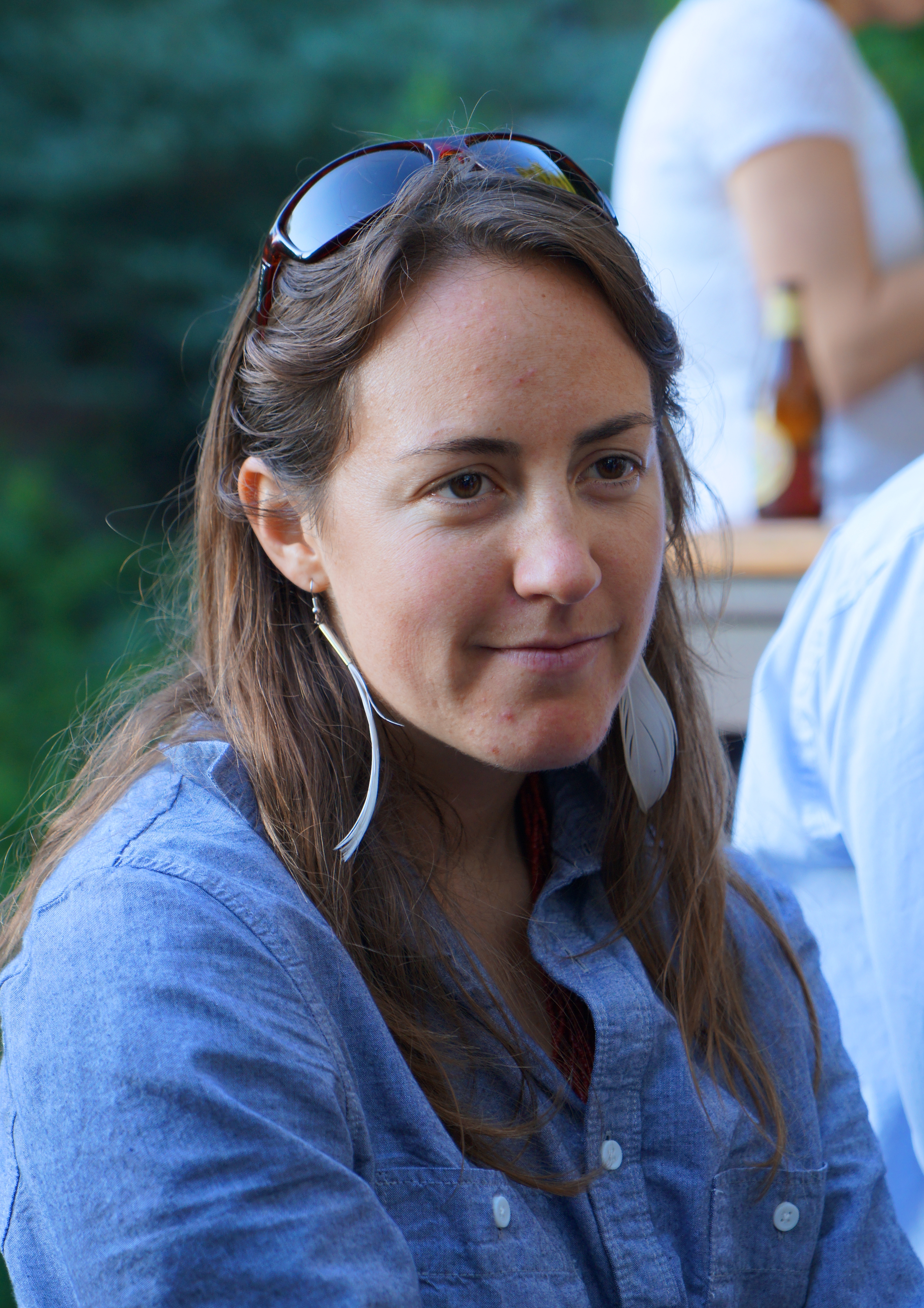
Katie Epstein
MA
Katie’s interests are in community forestry, natural resource conflict management, cultural dimensions of ecosystem management and place studies. She graduated with a BA in Anthropology from Davidson College (2010) and ... Continue Reading »

Alana Siegner
MA, PhD
Growing Environmental Literacy: On Small-Scale Farms, in the Urban Agroecosystem, and in School Garden Classrooms (PhD ’20) Alana Siegner graduated from Tufts University in 2012 with a double major in ... Continue Reading »

Kripa Jagannathan
MS, PhD
Ready-to-use? Bridging the Climate Science Usability Gap for Adaptation (PhD ’19) Kripa’s research interests are in the field of climate change adaptation and climate-resilient planning. Her PhD focuses on improving ... Continue Reading »
- Adaptation
- Agriculture
- Carbon markets
- climate change
- climate-resilient planning
- co-production of knowledge
- science usability
- stakeholder engagement
- water
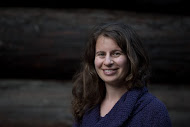
Sasha Harris-Lovett
MS, PhD
Decision Support for Multi-benefit Urban Water Infrastructure (PhD ’18) Sasha Harris-Lovett received a PhD from the Energy and Resources Group in 2018. Her dissertation research focused on urban water and ... Continue Reading »
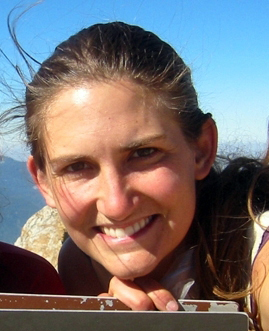
Danielle Svehla Christianson
MS, PhD
At times the problem of understanding phenomena is one of seeing. That is why Danielle explores new ways of demystifying complexity through visual representation. She seeks new techniques to illustrate often-forgotten, yet fundamental dependencies between human society and the natural world. One such technique is terrestrial laser scanning (also known as LIDAR), which she used to create a 3-D model of her ecological study site in the Sierra Nevada. This along with her seedling research seeks to inform the uncertain future of resource management.
News (1 results)
Top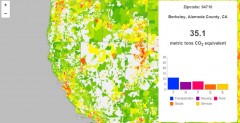
50% of U.S. household carbon footprint Suburban sprawl
January 8, 2014
Chris Jones (ERG PhD) and Prof. Dan Kammen point out that U.S. households are responsible for about 20% of annual worldwide greenhouse gas emissions, which are driving climate change.